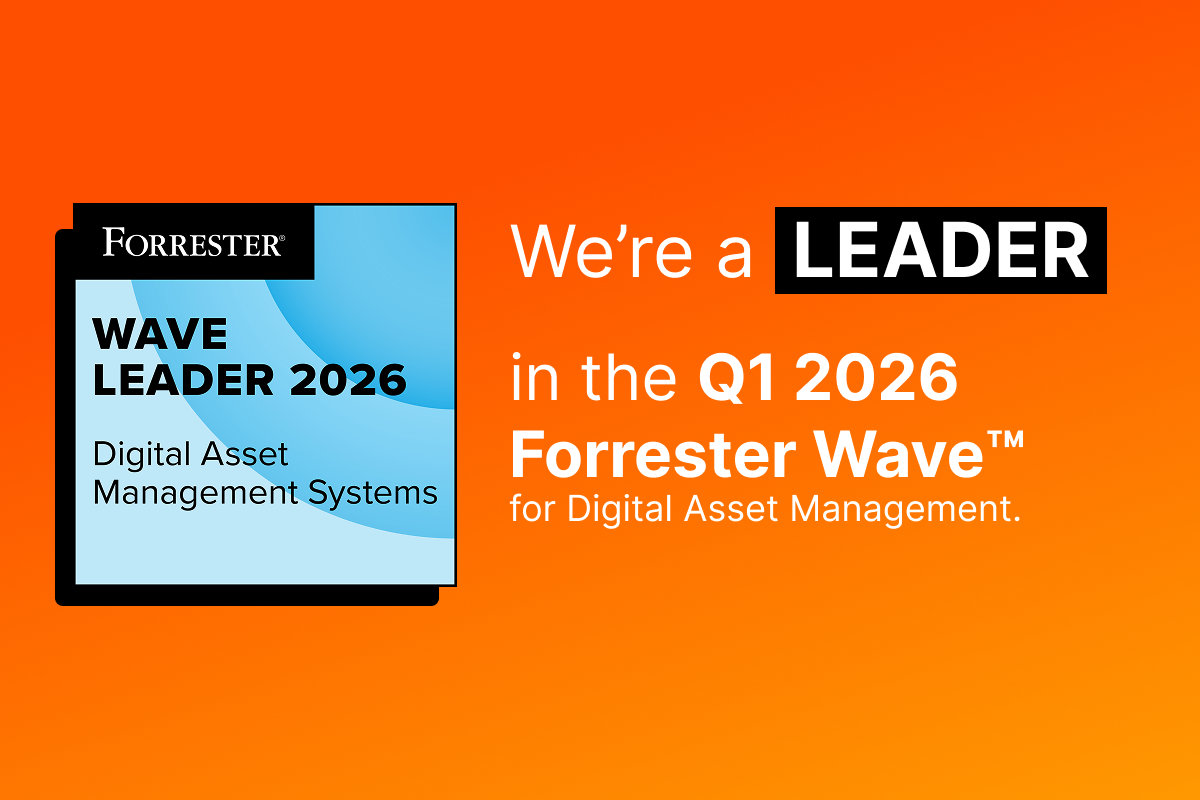A GPS (Global Positioning System) tracking solution provides a wide range of data related to the location and movement of a GPS-enabled device.
The specific data can vary depending on the type of tracking solution and the capabilities of the hardware and software being used, but here are some common types of data that GPS tracking solutions can provide:
- Interval-Based Reporting: GPS tracking solutions can provide interval-based reporting, which means assets can be tracked regularly in time-based intervals.
- Event-Based Reporting: Beyond interval-based devices, some options allow for reporting based on events and triggers, like sensor activity or movement.
- Historical Location Data: These solutions often store historical location data, enabling you to view the device’s past movements, routes, and stops.
- Speed: GPS tracking systems can calculate and display the speed at which the tracked device moves.
- Direction: The direction or heading of the device’s movement can be provided, typically represented in degrees.
- Altitude: Some GPS devices can provide information about the altitude or elevation of the tracked device above sea level.
- Geofencing: Many GPS tracking solutions support geofencing, allowing you to define virtual boundaries or areas on a map. You can receive alerts when the device enters or exits these predefined areas.
- Timestamps: Information about when location data was recorded is typically included, providing a chronological record of the device’s movement.
- Battery Status: Some solutions can report the battery level for battery-powered devices, ensuring you are aware of the device’s power status.
- Device Health and Status: Depending on the tracking device, you may receive information about its health and status, such as signal strength, temperature, etc.
- Custom Data: Some tracking solutions allow you to collect and display custom data, including vehicle diagnostic information, temperature readings, or other sensor data.
- Alerts and Notifications: GPS tracking systems can be configured to send alerts and notifications based on specific events or conditions, such as speeding, tampering, or unauthorized movement.
- Reports and Analytics: Many GPS tracking solutions offer reporting and analytics features, allowing you to generate detailed reports on the device’s activities, including mileage, stops, and more.
- Integration with Other Systems: GPS tracking data can often be integrated with other software systems, such as fleet management, inventory control, or route optimization software.
It’s important to note that the level of detail and the specific data provided may vary depending on the tracking solution, the type of device used, and the service provider.
About Geoforce
Geoforce was founded in 2007 with the simple belief that the chaos and pain of field operations could be alleviated with technology. Since 2007, our mission has been to build the largest global network of connected field assets to provide operational intelligence to companies involved in field operations worldwide.
Combining a cloud-based software platform with rugged GPS tracking devices on both global satellite and cellular networks, Geoforce’s solutions provide:
- Efficient asset location and retrieval.
- Rental invoice auditing.
- Service delivery verification.
- Inspection compliance.
- Equipment maintenance alerts.
Our core values unite our team at Geoforce, help us deliver exceptional products and services to our customers, and keep our company rooted in growth and innovation.
Find out what Geoforce can do for you and your business.
Publisher: Source link











